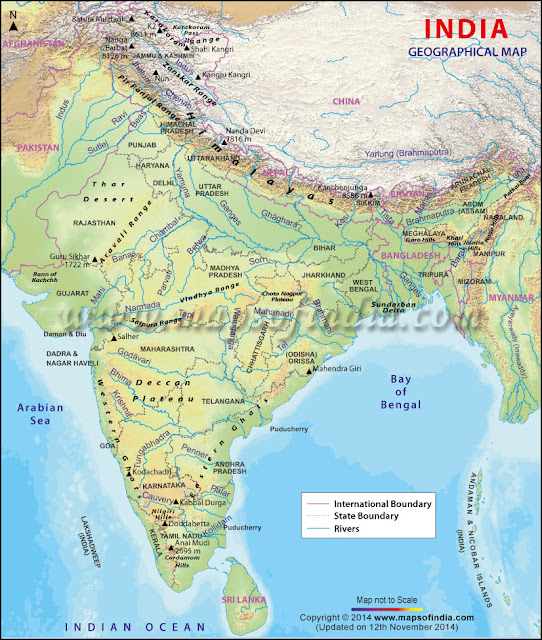Banking Terminology
ssc preparation, important competetion questions, current affairs of india, latest question asked in competetion papers,
Banking Terminology
Assets and Liabilities
Demand Liabilities
They are liabilities which are payable on demand. For example: Current Deposits, Savings bank deposits, Balances in overdue fixed deposits, Outstanding TTs, MTs, DDs, Unclaimed deposits etc.
Time Liabilities
They are liabilities which are payable other than on demand. For example: Fixed deposits, cash certificates, cumulative and recurring deposits, time liabilities portion of savings bank deposits, staff security deposits etc.
Non-performing Asset
An asset, including a leased asset, becomes non performing when it ceases to generate income for the bank. A loan on which instalment has been due for a specified period is a non-performing asset.
Funds Transfer
National Electronic Funds Transfer (NEFT)
It is a nation-wide payment system facilitating one-to-one funds transfer. Under this Scheme, individuals can electronically transfer funds from any bank branch to any individual having an account with any other bank branch in the country participating in the Scheme.
There is no limit – either minimum or maximum – on the amount of funds that can be transferred using NEFT. However, maximum amount per transaction is limited to Rs.50,000/- for cash-based remittances and remittances to Nepal.
Real Time Gross Settlement (RTGS)
It is a continuous (real-time) settlement of funds transfers individually on an order by order basis. While the funds under NEFT are transferred in batches, funds under RTGS are settled without netting. 'Real Time' means the processing of instructions at the time they are received rather than at some later time; 'Gross Settlement' means the settlement of funds transfer instructions occurs individually (on an instruction by instruction basis).
The minimum amount to be remitted through RTGS is Rs. 2 lakh. There is no upper ceiling for RTGS transactions.
Instruments
Cheque
A "cheque" is a bill of exchange drawn on a specified banker and not expressed to be payable otherwise than on demand. (Section 6 of Negotiable Instruments Act, 1881). The maker of a cheque is called the 'drawer', and the person directed to pay is the 'drawee'. The person named in the instrument, to whom or to whose order the money is, by the instrument directed, to be paid, is called the 'payee'.
Demand Draft
The Demand Draft is a pre-paid Negotiable Instrument, wherein the drawee bank undertakes to make payment in full when the instrument is presented by the payee for payment. The demand draft is made payable on a specified branch of a bank at a specified centre.
Bankers Cheque
It is similar to Demand Draft. The issuing bank undertakes to make the payment in full when the instrument is presented by the payee for payment. In practice it is used within local clearing jurisdiction unlike demand draft which is issued for any place.
Cheque Truncation System
In the normal process of cheque clearance, a cheque is physically delivered by the presenting bank to the drawee bank through a clearing house. In the Cheque Truncation System, the movement of the physical cheque is stopped and in its place an electronic image of the cheque is transmitted to the drawee branch through the clearing house, along with relevant information like data on the MICR band, date of presentation, presenting bank, etc. This system eliminates the cost of movement of the physical cheques and also reduces the time required for their collection.

Comments
Post a Comment